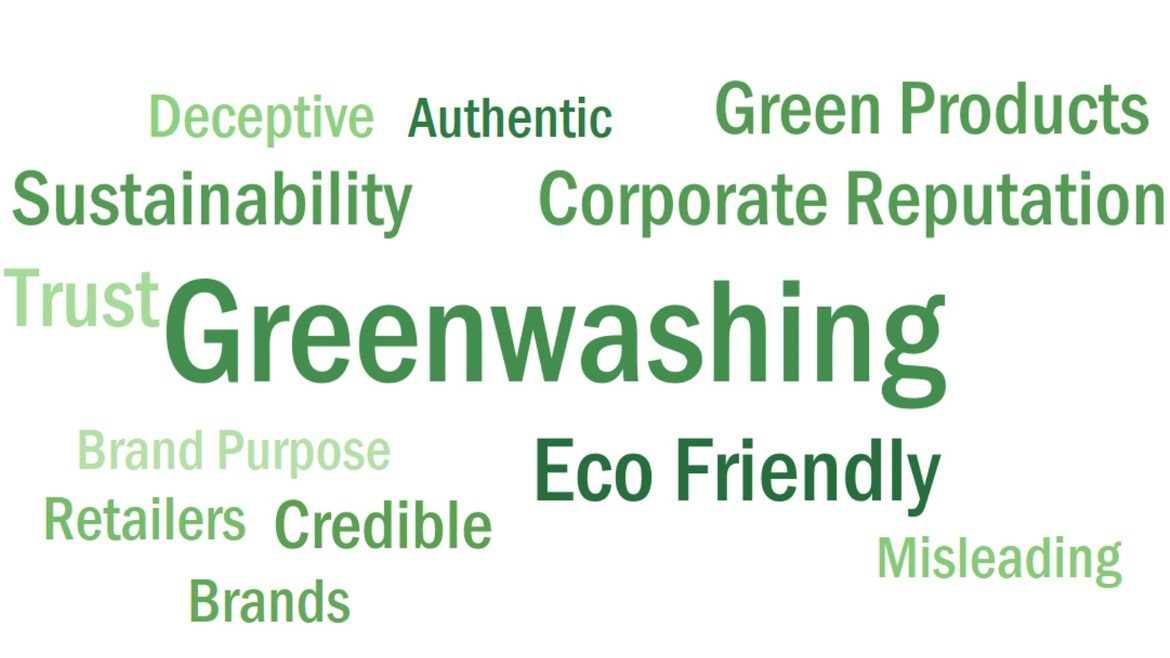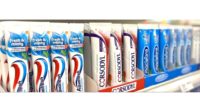Brands Exposed for “Misleading and Mendacious” Packaging Claims

Ocean and beach plastic packaging and products are among the terms being called out as greenwash by environmental campaign group Changing Markets Foundation.
Brands including IKEA, Coca-Cola, Unilever and Kim Kardashian’s clothing company SKIMS as well as retailers such as TESCO and LIDL are among those exposed as the organization expands its successful www.Greenwash.com website to include plastics as well as fashion.
The Foundation’s research has revealed a slew of product examples, initiatives, and global adverts by retailers and producers which obscure the real impact of plastic on consumers.
Coca-Cola has spent millions of pounds in advertising telling consumers that some of its bottles are made out of 25% marine plastic while failing to mention that it is the world’s biggest plastic polluter[1].
Consumers are being encouraged to buy Procter & Gamble’s Head and Shoulders shampoo because it is made out of ‘beach plastic’ but the bottle is dyed blue meaning it cannot be recycled further.
Unilever has replaced recyclable PET bottles of washing liquid with pouches as part of its eco refill push. But unlike PET bottles the pouches are unrecyclable and only contain two refills, Changing Markets Foundation found.
Tesco is touting new and improved ‘recyclable’ flexible plastic packaging on its products but only if consumers bring it back to larger stores, and even then it is unlikely to be recycled. Changing Markets recently launched its report Under wraps? What Europe’s supermarkets aren’t telling us about plastic, which highlighted UK supermarkets’ soft plastic take-back schemes as a false solution with waste often being exported to countries such as Turkey, which have much less capacity to deal with plastic pollution. The report also highlighted a lack of systemic solutions to the plastic crisis by over 70 supermarkets analyzed, including Tesco.
These examples show that brands are presenting materials and selling products as better for the environment when they are either difficult to recycle, not recyclable at all or using a small fraction of “ocean-bound” plastic that they collected through various clean-ups.
Recycled plastic products, such as furniture and textiles, are also often made from plastic bottles that would be better recycled back into bottles, rather than downcycled into non-essential consumer products, particularly in applications that don’t allow further recycling. Recently, the Changing Markets Foundation joined forces with Zero Waste Europe and the beverage industry, calling for closed-loop recycling and effective deposit return systems. The beverage producers have mandatory targets for collection and recycled content in the EU.
Plastic packaging in the UK accounts for nearly 70% of all of our plastic waste[2] and yet less than 10% of everyday plastic, including plastic packaging, actually gets recycled in the UK.[3] The global rate of production has shown no signs of slowing, as the world produces 141 million tonnes of plastic packaging annually.[4]
Greenwash.com has received more than 10,000 visitors since its launch and has already had a significant industry impact. After previously being exposed by Changing Markets for greenwashing, H&M was found to have removed their ‘Conscious’ label from clothes that had unsubstantiated green claims.
Changing Markets Foundation is urging the public to visit Greenwash.com and share the case studies on social media. It is also urging regulators to clamp down on greenwashing.
The Competitions and Markets Authority (CMA) is currently running enforcement on its green claims guidance, while the European Commission is also working on the legislative proposal to justify green claims due later this year.
George Harding-Rolls, campaign manager at Changing Markets Foundations, said: “Our latest investigation exposes a litany of misleading and mendacious claims from household names consumers should be able to trust. This is just the tip of the iceberg and it is of crucial importance that regulators take this issue seriously.
“The industry is happy to gloat its green credentials with little substance on the one hand, while continuing to perpetuate the plastic crisis on the other. We are calling out greenwashing so the world can see that voluntary action has led to a market saturated with false claims. We must embrace systemic solutions, such as absolute reductions in plastic packaging and mandatory deposit return systems.”
Sian Sutherland, A Plastic Planet co-founder, said: “Plastic is now a very powerful and emotional word, we all feel the plastic guilt when we fill our shopping baskets. Brands have been exploiting this over recent years, using age-old marketing techniques that are totally misleading or downright fake, pretending that the problem is being fixed when actually it is getting worse with plastic production set to treble by 2040.
“Greenwash.com exposes these false green claims for what they are, daylight robbery of the consumer's right and ability to judge the product. It shines a light on how desperate brands and retailers are to maintain business as usual while they mislead consumers into thinking they are making ethical choices.
“We need to turn off the plastic tap once and for all before the plastic waste crisis spirals beyond control, but in order to achieve this, we first must pressure global brands into fessing up to their plastic addiction. Shoppers must no longer be kept in the dark about the reality of plastic in their purchases.”
[1] The Coca-Cola Company has been named the world’s worst plastic polluters for the fourth year in a row in the Break Free From Plastic's annual brand audits, #BrandAudit2021 Report
Looking for a reprint of this article?
From high-res PDFs to custom plaques, order your copy today!






